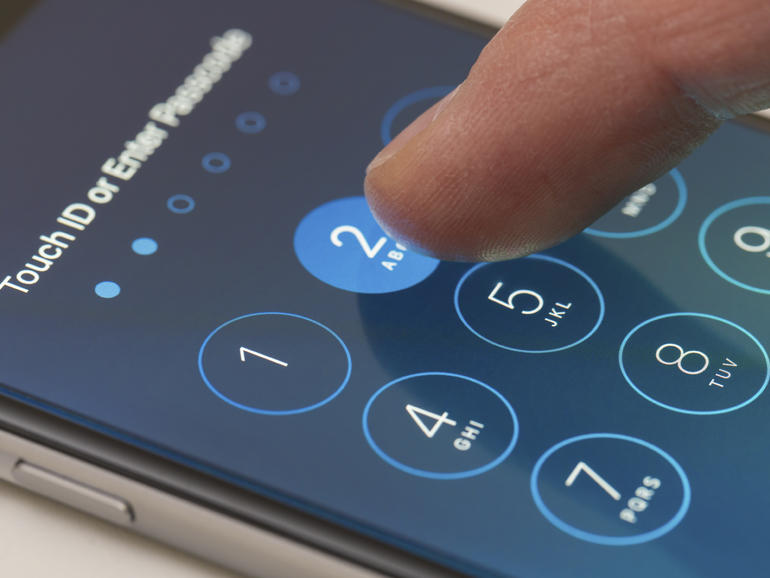US government seeks more data on Apple customers

Apple has seen a sharp year-over-year increase in the number of US government demands for customer data.
The company's first biannual report this year covers how many demands were made from global law enforcement and intelligence agencies -- including the US government -- for data it stores.

Apple was embroiled in a legal battle with the FBI earlier this year over locked iPhones. Read more.
Apple said it reviewed 4,822 demands for device data from US authorities, affecting 10,260 devices, an increase of 26 percent on the same period a year earlier.
The company said that it was compelled to turn over data in over three-quarters of all cases.
Additionally, the company received 1,363 demands from US authorities, affecting 9,090 accounts.
Apple turned over data in 84 percent of those cases.
But requests from the US were eclipsed by the number of requests made by Germany, where device ownership is especially high.
German authorities submitted 12,633 requests to Apple, affecting 52,095 devices, almost three times as many as the US, but Apple only turned over data in 53 percent of cases.
On demands that relate to national security, Apple and other companies remain subject to heavy reporting restrictions.
Since the introduction of the Freedom Act last year, the US Department of Justice has eased in how it allows companies to report classified orders they received from the Foreign Intelligence Surveillance (FISA) Court, allowing tech companies to report the number of secret demands in narrower bands.
Apple received between 2,750 and 2,999 national security orders -- including national security letters, which often come with a gag provision, affecting between 2,000 and 2,249 accounts.
That's a sharp rise from last year's report, which saw between 750 to 999 national security orders, affecting between 250 and 499 accounts.
The company also reaffirmed -- just as it has in similar reports -- that it has "not received any orders for bulk data" (typically associated with national security programs).
It was revealed in the wake of the Edward Snowden revelations that some tech and telecom companies had been compelled to turn over records in bulk, but Apple said that it reports "all the national security orders" it receives, including those issued by the secretive Foreign Intelligence Surveillance Court.